How ChatGPT Can Generate Leads
Lead generation is a crucial part of any business’s sales strategy. By generating leads, businesses can identify potential customers and nurture them into becoming loyal customers. Traditionally, lead generation has been a time-consuming and manual process, requiring businesses to manually reach out to potential customers and qualify them. However, with the rise of AI-powered tools like ChatGPT, businesses can automate the lead generation process and save time while improving their chances of success.
One of the ways that ChatGPT can generate leads is by powering chatbots on a business’s website or social media accounts. By interacting with website visitors or social media followers, chatbots can identify potential customers and collect their contact information, such as their email addresses or phone number. This can be done by asking the visitor for their contact information in a conversational manner, using natural language processing (NLP) to make the interaction feel more human-like.
Chatbots can also be used to qualify leads by asking potential customers questions about their needs, interests, and pain points. By using ChatGPT to power the chatbot, businesses can ensure that the questions are relevant and natural-sounding. This can help businesses identify the most promising leads and tailor their sales approach to better meet their needs.
ChatGPT can also be used to personalize lead-generation efforts. By training the model on relevant data, businesses can use it to generate personalized messages for potential customers. For example, if a business has information about a potential customer’s past interactions with their website or social media accounts, ChatGPT can use that data to generate personalized messages that are more likely to resonate with the customer. This can improve the chances of converting the lead into a customer.
Another way that ChatGPT can generate leads is by analyzing data. By training the model on data from a business’s website or social media accounts, businesses can gain insights into their audience’s behavior, preferences, and interests. This can help businesses identify trends and patterns that can be used to improve their lead-generation efforts. For example, if ChatGPT identifies that a certain type of content or messaging is resonating with potential customers, businesses can use that information to generate more effective lead-generation strategies.
It’s important to keep in mind that ChatGPT is not a silver bullet for lead generation. While it can be a valuable tool, businesses should still incorporate other important factors into their lead generation strategy, such as visual design, branding, and customer relationship management. Additionally, it’s important to ensure that the content generated by ChatGPT is accurate and relevant to the target audience. This can be done by reviewing and editing the content before publishing it or sending it to potential customers.
When using ChatGPT for lead generation, it’s also important to consider the ethical implications of using AI. Businesses should be transparent about their use of AI and ensure that they are not violating any user privacy rights or using AI in a way that could be considered discriminatory.
In conclusion, ChatGPT can be a valuable tool for lead generation. By using it to power chatbots, qualify leads, personalize messaging, and analyze data, businesses can save time and improve their chances of success. However, it’s important to use ChatGPT responsibly and supplement its capabilities with human input and expertise. With the right approach, ChatGPT can be a powerful tool for businesses looking to improve their lead-generation strategy.


